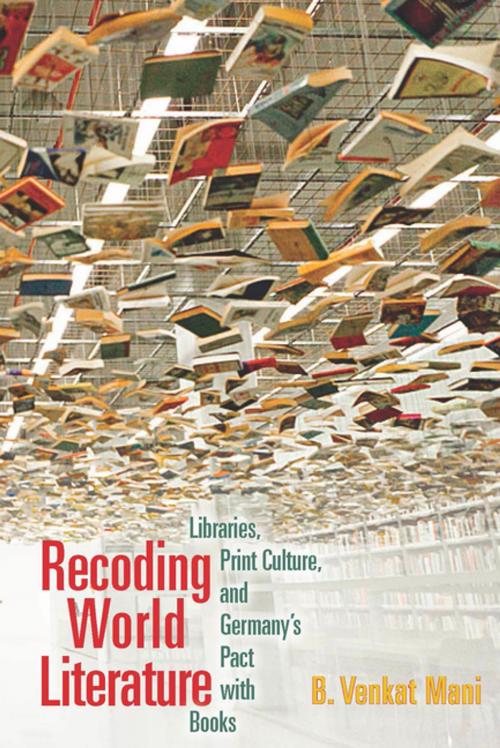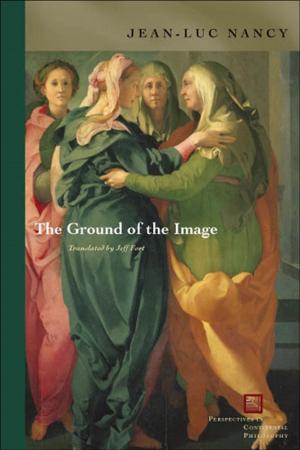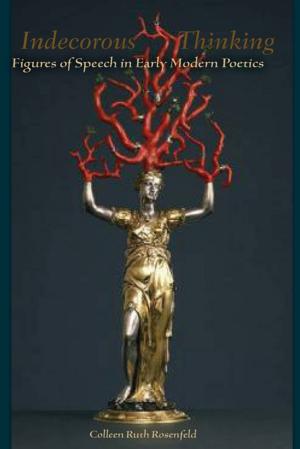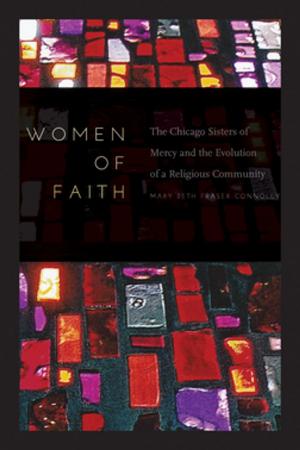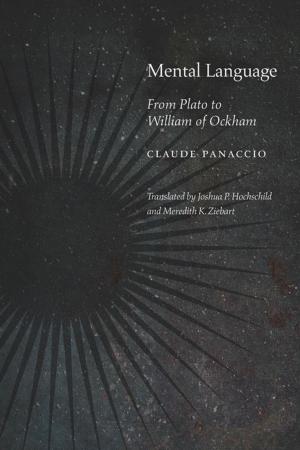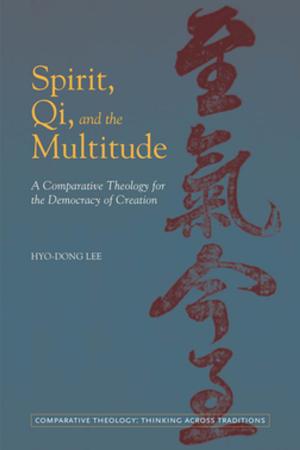Recoding World Literature
Libraries, Print Culture, and Germany's Pact with Books
Nonfiction, Reference & Language, Language Arts, Library & Information Services, Fiction & Literature, Literary Theory & Criticism, Social & Cultural Studies, Social Science| Author: | B. Venkat Mani | ISBN: | 9780823273423 |
| Publisher: | Fordham University Press | Publication: | December 1, 2016 |
| Imprint: | Fordham University Press | Language: | English |
| Author: | B. Venkat Mani |
| ISBN: | 9780823273423 |
| Publisher: | Fordham University Press |
| Publication: | December 1, 2016 |
| Imprint: | Fordham University Press |
| Language: | English |
Winner, 2018 Aldo and Jeanne Scaglione Prize for Studies in Germanic Languages and Literatures, Modern Language Association
Winner, 2018 German Studies Association DAAD Book Prize in Germanistik and Cultural Studies.
From the current vantage point of the transformation of books and libraries, B. Venkat Mani presents a historical account of world literature. By locating translation, publication, and circulation along routes of “bibliomigrancy”—the physical and virtual movement of books—Mani narrates how world literature is coded and recoded as literary works find new homes on faraway bookshelves.
Mani argues that the proliferation of world literature in a society is the function of a nation’s relationship with print culture—a Faustian pact with books. Moving from early Orientalist collections, to the Nazi magazine Weltliteratur, to the European Digital Library, Mani reveals the political foundations for a history of world literature that is at once a philosophical ideal, a process of exchange, a mode of reading, and a system of classification.
Shifting current scholarship’s focus from the academic to the general reader, from the university to the public sphere, Recoding World Literature argues that world literature is culturally determined, historically conditioned, and politically charged.
Winner, 2018 Aldo and Jeanne Scaglione Prize for Studies in Germanic Languages and Literatures, Modern Language Association
Winner, 2018 German Studies Association DAAD Book Prize in Germanistik and Cultural Studies.
From the current vantage point of the transformation of books and libraries, B. Venkat Mani presents a historical account of world literature. By locating translation, publication, and circulation along routes of “bibliomigrancy”—the physical and virtual movement of books—Mani narrates how world literature is coded and recoded as literary works find new homes on faraway bookshelves.
Mani argues that the proliferation of world literature in a society is the function of a nation’s relationship with print culture—a Faustian pact with books. Moving from early Orientalist collections, to the Nazi magazine Weltliteratur, to the European Digital Library, Mani reveals the political foundations for a history of world literature that is at once a philosophical ideal, a process of exchange, a mode of reading, and a system of classification.
Shifting current scholarship’s focus from the academic to the general reader, from the university to the public sphere, Recoding World Literature argues that world literature is culturally determined, historically conditioned, and politically charged.
